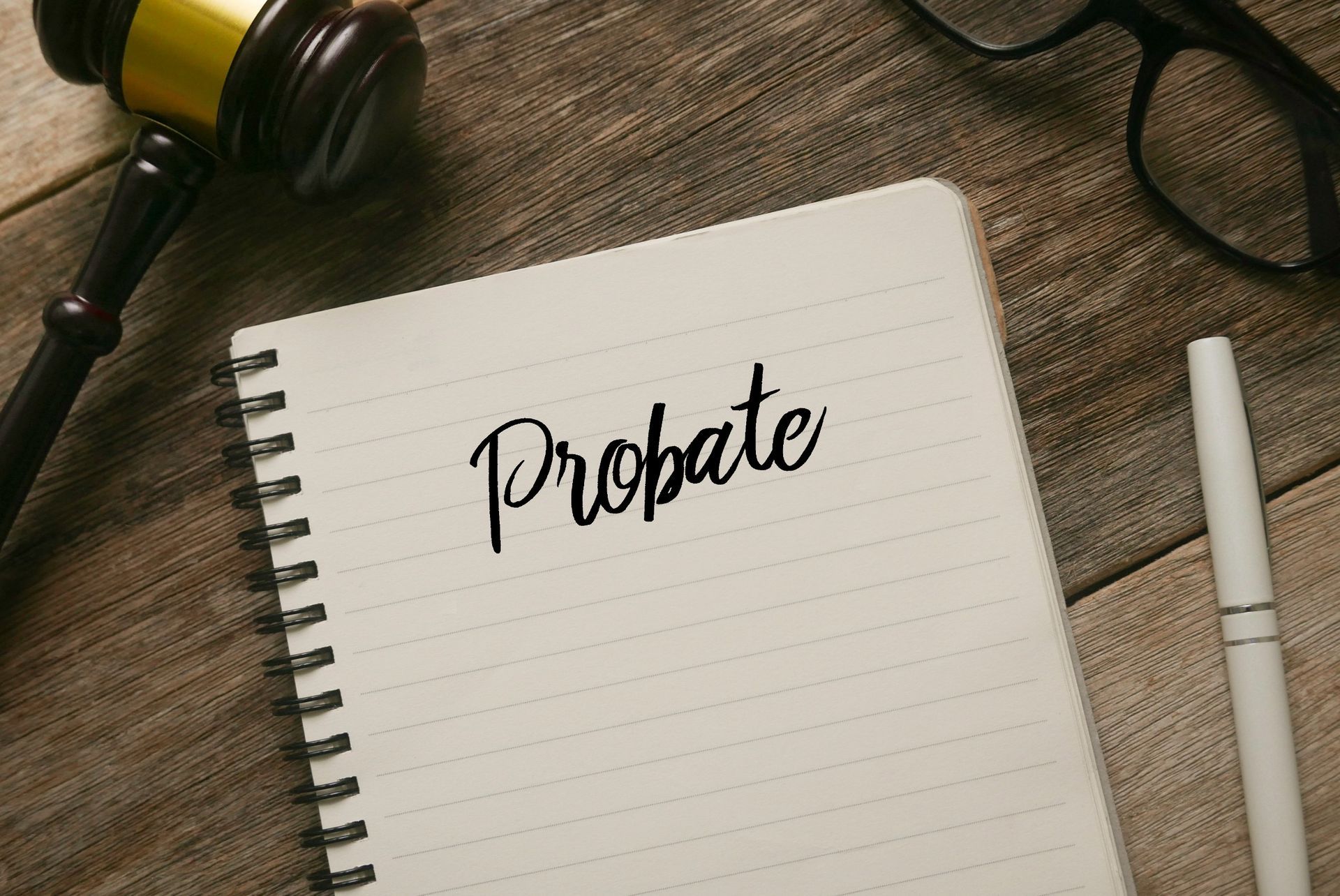Free Consultation: 818-463-0805
Planning Your Assets and Property Estate While Unmarried
The number of Americans who are widowed or divorced has reached record levels, causing new partnerships to form among older Americans. The US Census Bureau reports that more than half of all older adults have only married once, opting to stay legally single in their future relationships. Cohabitating can have unforeseen and unintended consequences without a legally recognized civil union, marriage, or domestic partnership certificate.
For instance, your assets are not mutually inheritable without careful estate planning, including a “living together contract.” This contract type can be specific and cover one transaction, such as purchasing a new home. The contract can also encompass every aspect of your property and finances, including asset distribution in the event of incapacitation, death, or breakup.
Creating Comprehensive Legal Agreements
Many believe they can address domestic decision-making, such as permissions for owning pets, entertaining guests, and minor tasks like who will do the dishes in a casual contract, but it's unlikely to be enforced by the courts. If you're an unmarried couple, it's safer to draw up a comprehensive agreement, enforceable by the courts, to see you through your lives together. However, you won't want to co-mingle personal and financial clauses in a single contract as it may render the agreement unenforceable.
For estate planning purposes, a comprehensive living together agreement includes all assets and property owned before the relationship and another for any acquisitions during the relationship. The property and asset division is much like a prenuptial agreement. Remember, joint obligations to a mortgage company or a landlord do not create a contractual relationship or entitle you to a property settlement in the event of death or the parting of ways. With non-marital agreements, each partner should also have a valid will for the state in which they live.
A living together contract often includes rules regarding gifts received, living expenses, property purchases, inheritable rights, and a method for dispute resolution that may arise later, typically through mediation. Having a living together agreement in writing can avoid a host of future legal issues and can be developed in the spirit of two fair-minded individuals clarifying the understanding of a partnership.
Reasons Many Prefer to Stay Single
Many older Americans prefer not to remarry as it can have consequences to social security income, pension benefit awards, alimony (as part of a divorce settlement), tax consequences, and rights of survivorship. A new spouse’s income may disqualify a child for college financial aid or, in the case of a disabled child, impact the eligibility for government assistance programs.
Estate Planning Attorneys Solve Challenges for CoHabitating Couples
Because many seniors and near seniors live together in non-legally recognized ways, estate planning can create challenges when partners want to provide for each other after death.
A legally binding living together contract must work with existing plans for already named heirs. A qualified estate planning attorney can draw up this contract and make necessary changes to current estate plans to avoid future legal conflicts. Like all estate planning documents, the regular review of its content to account for major life changes or preferences is crucial. If you plan to make substantive changes, it is best to be open with your partner and any adult children.
Avoid personal and family conflicts through open communication channels and mutual understanding. A newer, unmarried partner of a beloved parent may make adult children suspicious of their intent. Cohabitating is becoming more popular; however, as states adjudicate separations and inheritance, there is much to consider about planning property and asset control. To protect and provide for your partner and your adult children, consult an estate planning attorney about a living together contract in conjunction with your estate plan to ensure your documents reflect your wishes and are legally enforceable.
We hope you found this article helpful. If you have questions or would like to discuss your personal situation, please do not hesitate to contact our Woodland Hills office at (818) 292-8160 or our Beverly Hills office at (310) 230-5686 to schedule a consultation. We look forward to the opportunity to work with you










Schedule a Case Evaluation
Contact us now!
Quick Links
Woodland Hills
Phone: 818-292-8160
5850 Canoga Avenue
Suite 410
Woodland Hills, CA 91367
- Mon - Fri
- -
- Sat - Sun
- Closed
Beverly Hills
Phone: 310-230-5686
468 N. Camden Drive
Suite 250
Beverly Hills, CA 90210
- Mon - Fri
- -
- Sat - Sun
- Closed
Disclaimer: The information on this website is for general information purposes only. Nothing on this site should be taken as legal advice for any individual case or situation. This information is not intended to create, and receipt or viewing does not constitute an attorney-client relationship.
All Rights Reserved
The Estate Planning & Elder Law Firm | Powered By Convert It Marketing | Privacy Policy

